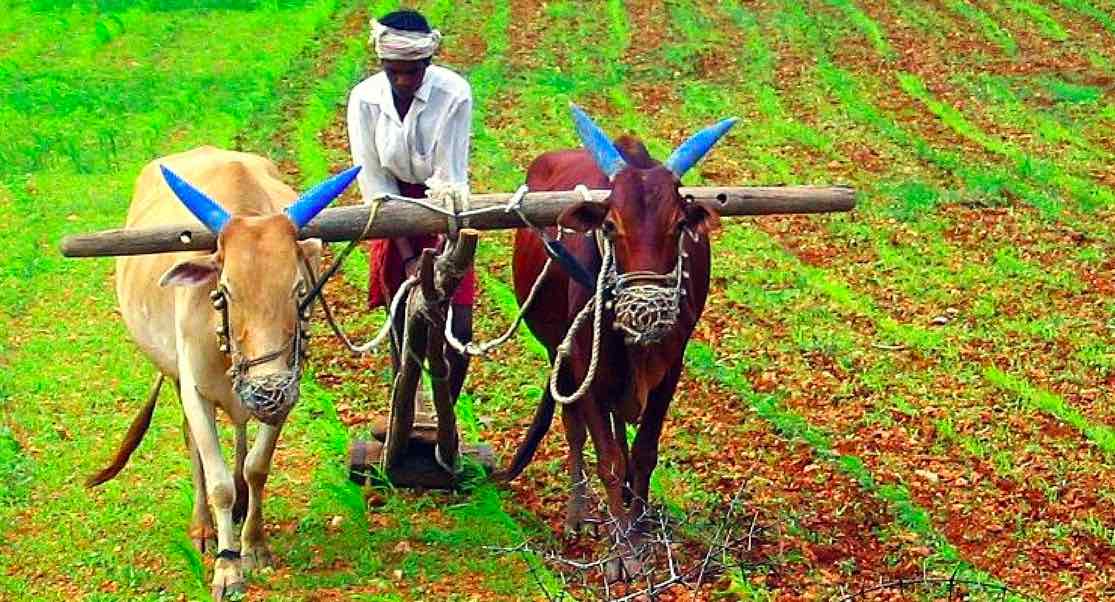Why first time farmers fail: business 101
Published on October 15,2018

Starting a business is a very risky venture, right? It does not really matter what sector of the business world you start your business in. If you start a salon, boutique, car wash, delivery service, hardware, movie shop, law practice, or marketing agency, the chances of your business falling are pretty high.
These are just facts. But let us just examine the reasons why these businesses fail. Actually, the agricultural sector has a much lower failure rate after five years than any other area in the industry.
Small businesses routinely fail in every industry segment, but what causes small business farms to fail?
Here are some of the reasons why small farms fail:
They approach farming as a lifestyle, not a business.
More often than not, many people are attracted to farming because they love the notion of the lifestyle. They want to farm and grow produce. Maybe have a large collection of goats, sheep or maybe cows. They want to spend their days in the sunshine, producing something with their hands and being out on the land, seemingly busy, which is great, to say the least.
However, is that how you would approach a business opportunity? Is that the opportunity you’d pitch to a potential investor or a bank when you need a loan?
Your reason being that you want to go work with your hands in the soil and have some large collection of animals?
I do not think so!
A business approach means identifying the market first. This is totally different from what most farmers do. Most farmers start venturing into agriculture simply because they want to grow things.
The biggest mistake they make is treating selling and marketing as an afterthought. Small-scale farmers, therefore, need to produce what the market will buy and that they can sell at an attractive profit margin. That means focusing on high-value crops and products.
Choosing low-end profit streams.
When a farmer chooses a low-end profit stream, he makes minimal profits, or worse losses, because the farmer chose either a low-margin product or is targeting a very cost-conscious consumer. It is wise to target opportunities with segments of people with disposable income and to select farm enterprises that don’t have such a low barrier to entry. This is because if you choose a venture that’s easy and cheap to get into, even if you achieve some level of success, it won’t be difficult for other individuals to emulate and even surpass you in the same venture.
It’s imperative for any small business, especially small-scale farmers, to choose a business model focused on high-profit margin enterprises that target customers with the means and willingness to purchase the products you’re offering.
Poor or non-existent accounting.
As a farmer, you must wear many huts, which can sometimes be overwhelming. Who am I kidding? It is overwhelming all the time! Thus as a farmer, the day-to-day accounting falls on your lap. However, most farmers do not do any accounting for their businesses. They just buy the feed, seed, fertilizers, and get to work, go to the market and hope they have money at the end of the sales of their produce. At the end of the day, they do not know the real cost of production or even how much profit they made as long as they have some money to push them through the next season. They don’t know where they should be investing more and where they should cut back. Technically, most farmers are flying blind.
Lack of focus and being all over the place.
This is usually unique to the farming business. A farmer starts chicken farming, then later adds some rabbits, goats, sheep, pigs and even donkeys to the mix. Sooner or later, he will be running a zoo.
However, that was not the original intention, was it?
This goes back to the accounting issue of not knowing what’s profitable and what's not. We can also blame it on not treating the farm as a business.
Trying to emulate other farms' success and not understanding why they are successful.
Now, kindly note that there’s another reason why other farms are successful. It’s easy to look at the other farms and say, wow, I’d like to have a farm like that. Unfortunately, we are just looking at the end product's final picture.
The “before picture” was a lot of years scraping by, making mistakes and learning from them, not incurring debt and tirelessly learning about the various farm practices. It is a success not achieved overnight.
Not seeking knowledge of your production area continuously.
As a good farmer, you must update your knowledge regularly to be a master in what you do.
This will help you improve your production capacity and expand your marketing networks.
You won’t grow if you don’t interact with people who are producing the same thing regularly and learn from what they are doing better so that you know how much you can incorporate into your farm to make it better.